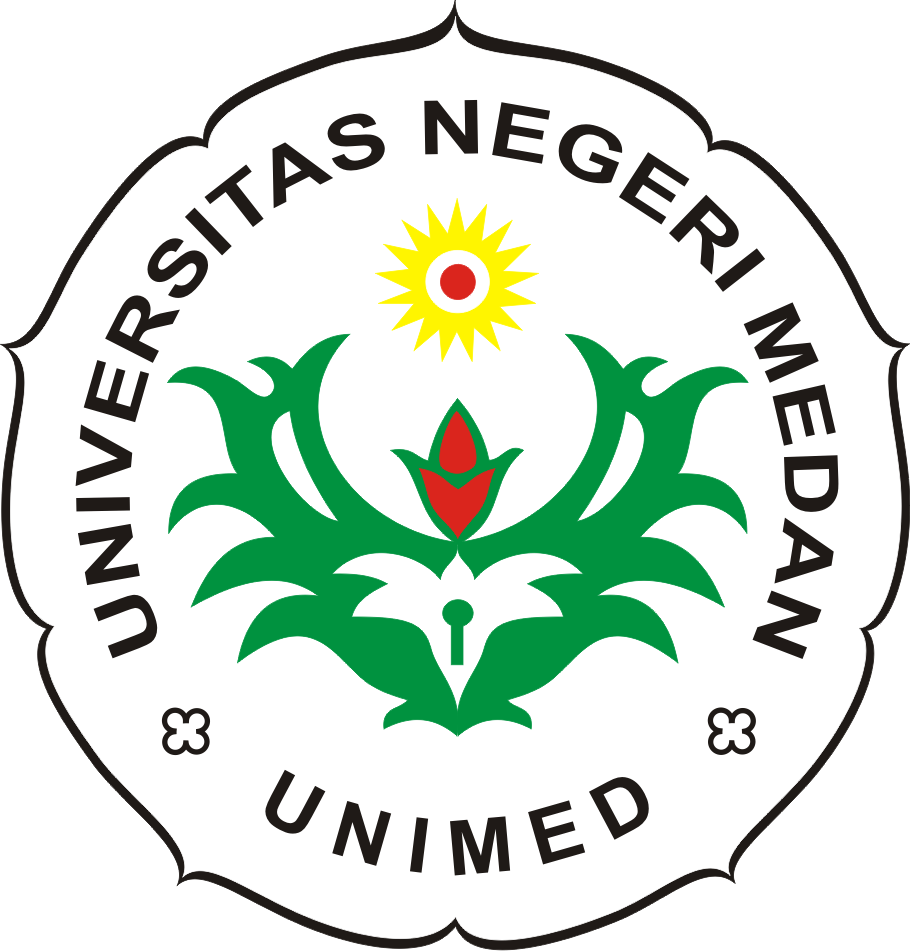Online Assessment on Students™ Writing Recount Text: Teachers™ Perspectives
DOI:
https://doi.org/10.24114/reg.v12i1.44524Abstract
This study attempted to investigate what were the kinds of online assessment for students writing recount text used by the teachers and to analyze how were the teachers™ perspectives on the online assessment on students™ writing recount text. A descriptive qualitative design was used in this study. The data were collected by doing deep interview with two English teachers of SMA Negeri 6 Medan. The result of this study found that the teachers used Google Classroom as the online assessment. And based on the theory of Remmi (2020), the teachers™ have two perspectives on the online assessment, namely: affordances and constraints. Furthermore, the teachers faced some obstacles while conducting the online assessment, namely: unstable internet connection, lack of facilities, and lack of skills. Meanwhile for the affordances, the teachers stated that online assessment was easy to use and improve teaching practice. Regarding to those findings, the teachers™ perspective on the online assessment on students™ writing recount text in SMA Negeri 6 Medan were categorized into constraints.Keywords: Online Assessment, Teachers™ Perspective, Recount TextDownloads
Published
Issue
Section
License
Copyright (c) 2023 Dinda Rizkiana, Anni Holila Pulungan

This work is licensed under a Creative Commons Attribution-NonCommercial-ShareAlike 4.0 International License.
Authors who publish with this journal agree with the following terms:
- Authors retain copyright and grant the journal right of first publication with the work simultaneously licensed under a Creative Commons Attribution License that allows others to share the work with an acknowledgment of the work's authorship and initial publication in this journal.
- Authors are able to enter into separate, additional contractual arrangements for the non-exclusive distribution of the journal's published version of the work (e.g., post it to an institutional repository or publish it in a book), with an acknowledgement of its initial publication in this journal.
- Authors are permitted and encouraged to post their work online (e.g., in institutional repositories or on their website) prior to and during the submission process, as it can lead to productive exchanges, as well as earlier and greater citation of published work (See The Effect of Open Access).
- This work is licensed under a Creative Commons Attribution-ShareAlike 4.0 International License.






